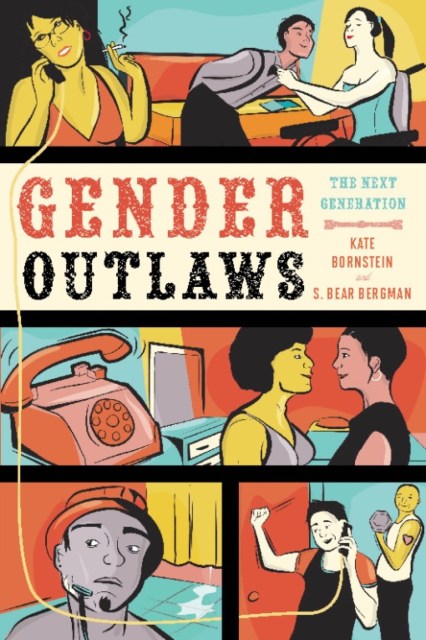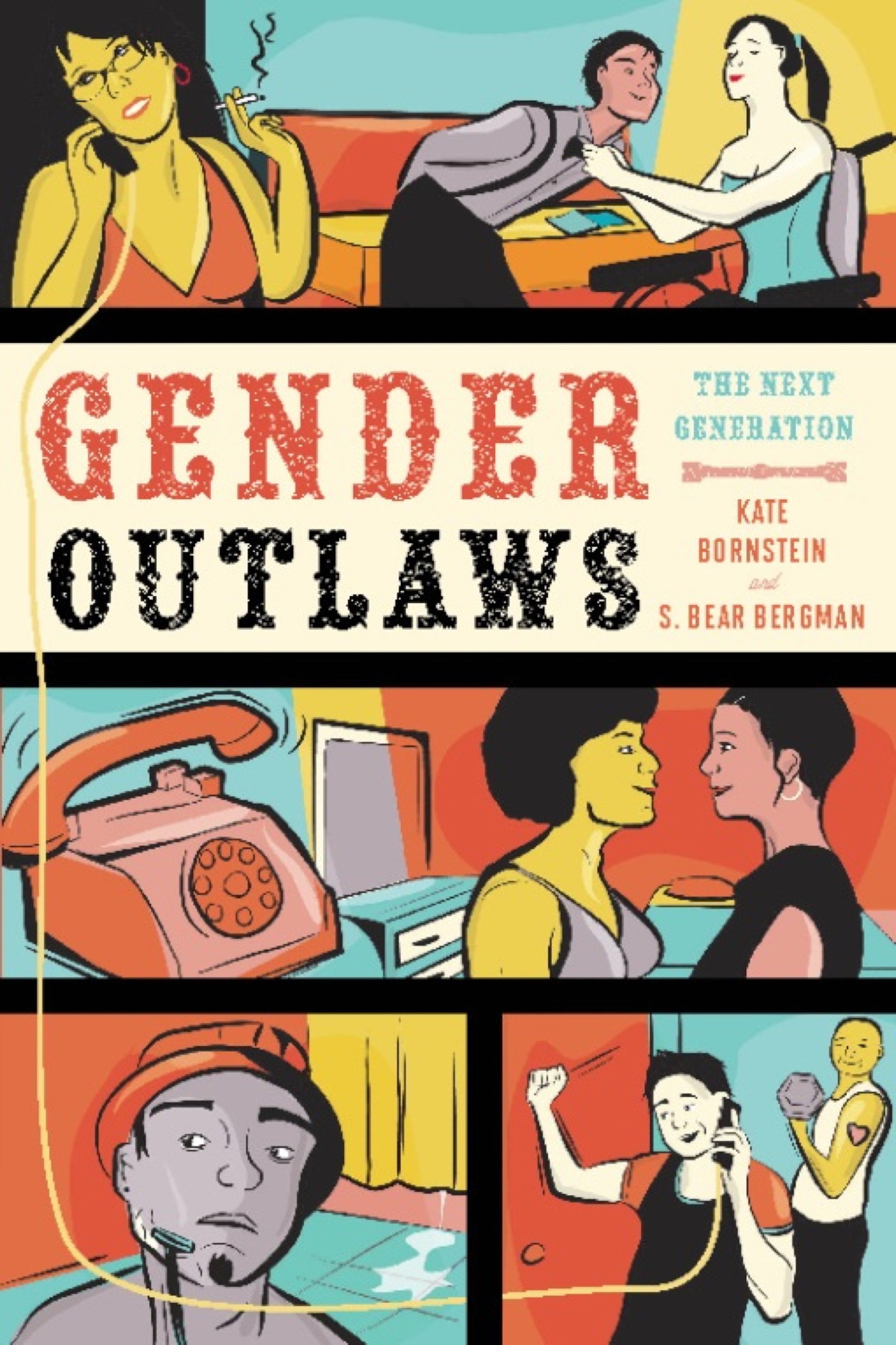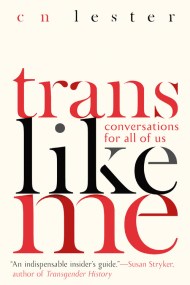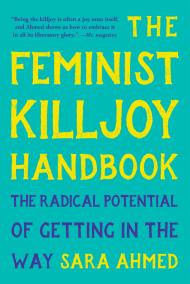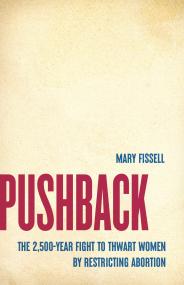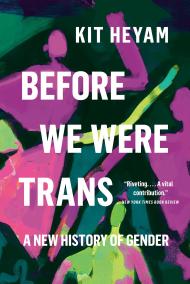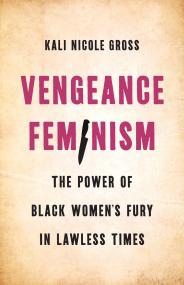By clicking “Accept,” you agree to the use of cookies and similar technologies on your device as set forth in our Cookie Policy and our Privacy Policy. Please note that certain cookies are essential for this website to function properly and do not require user consent to be deployed.
Gender Outlaws
The Next Generation
Contributors
Formats and Prices
- On Sale
- Aug 31, 2010
- Page Count
- 304 pages
- Publisher
- Seal Press
- ISBN-13
- 9781580053778
Price
$12.99Price
$16.99 CADFormat
Format:
- ebook $12.99 $16.99 CAD
- Trade Paperback $18.99 $23.99 CAD
This item is a preorder. Your payment method will be charged immediately, and the product is expected to ship on or around August 31, 2010. This date is subject to change due to shipping delays beyond our control.
Buy from Other Retailers:
This groundbreaking and inspiring collection of dozens of our most original trans voices is an essential exploration of gender today
“Smart, sexy, and entertaining.” —Jack Halberstam
Transgender narratives have made their way from the margins to the mainstream and back again, and today’s trans and nonbinary people, genderqueers, and other sex/gender radicals are writing a drastically new world into being.Edited by the original gender outlaw, Kate Bornstein, together with writer, raconteur, and theater artist S. Bear Bergman, Gender Outlaws collects and contextualizes the work of this generation's trans and genderqueer forward thinkers—new voices from the stage, on the streets, in the workplace, in the bedroom, and on the pages and websites of the world's most respected publications.
Gender Outlaws includes essays, commentary, comic art, and conversations from a diverse group of trans-spectrum people who live and believe in barrier-breaking lives.
-
"Gender Outlaws takes the word gender and does to it what each new generation does with its inheritance: take what was handed down, sample and remix the hits of yesterday, and then reinvent and reimagine itself into a new being that only occasionally looks like its parents."Ivan E. Coyote, writer and performer
-
"Bornstein, Bergman, and their rogue gallery of contributors explore the human genderscape with wit and soul. Gender Outlaws is required reading for anyone who has a sex or a gender... especially if you already think you know everything you need to know about them."Hanne Blank, author of Big Big Love, Unruly Appetites, and Virgin: The Untouched History
-
"Finally, a book that gathers together the voices of new generations of gender outlaws! Edited by two trans-legends, this book manages to be smart, sexy, and entertaining. Gender Outlaws continues older conversations, starts new and often transnational dialogues, and gives us new ways of thinking about and inhabiting trans bodies, politics, and identities. Don't just read this book, become it!"Jack Halberstam, author of The Queer Art of Failure
Newsletter Signup
By clicking ‘Sign Up,’ I acknowledge that I have read and agree to Hachette Book Group’s Privacy Policy and Terms of Use
